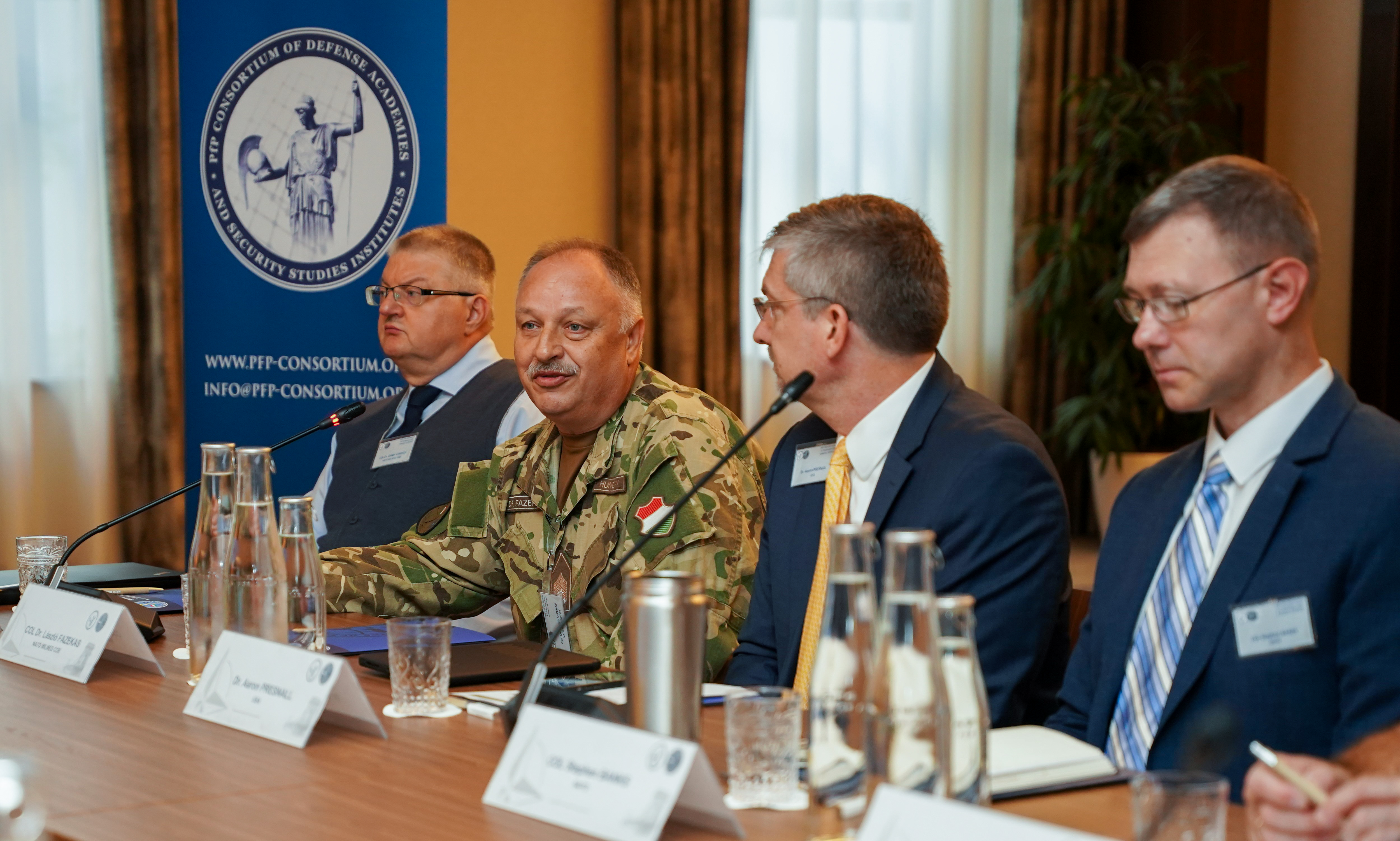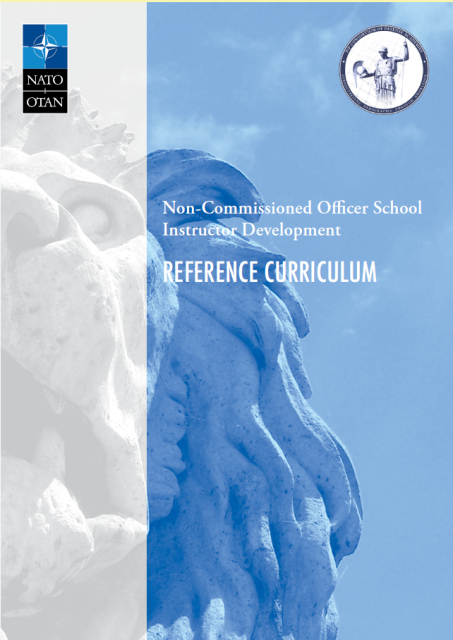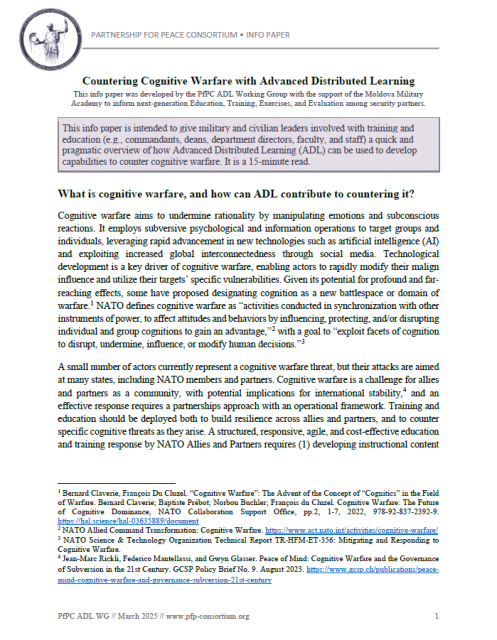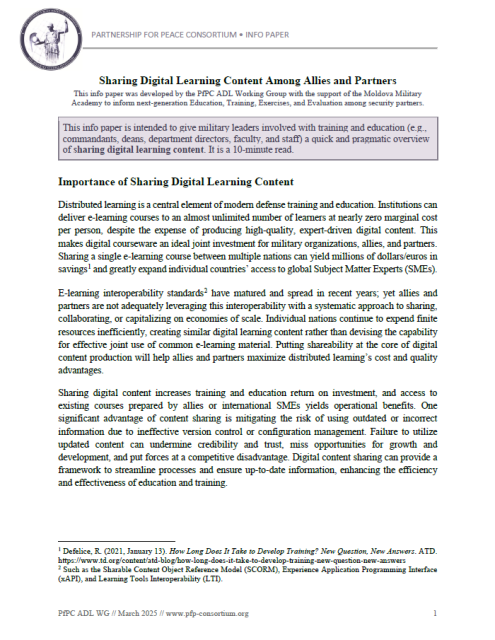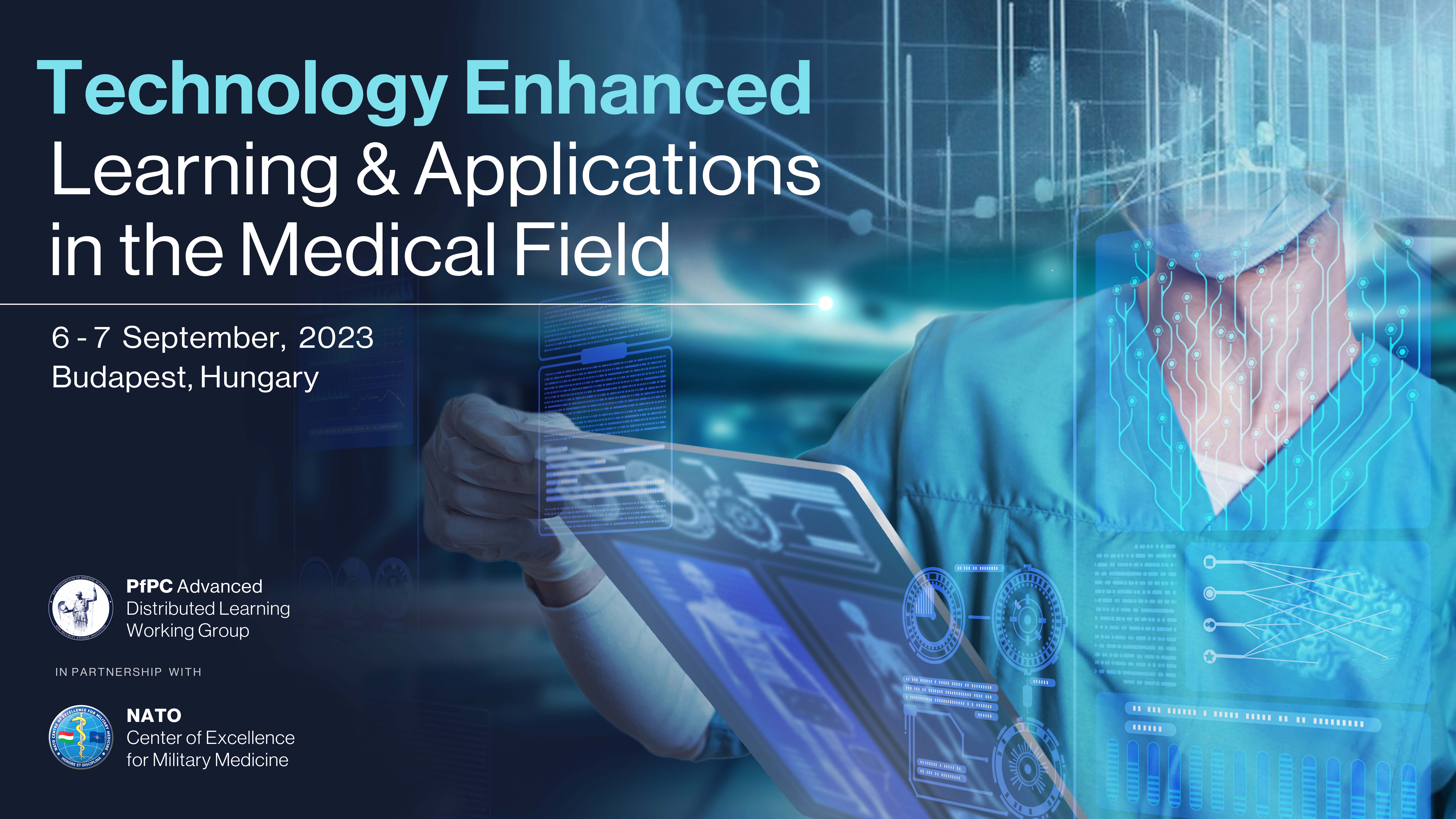
Budapest, Hungary - In a collaborative effort, the Partnership for Peace Consortium (PfPC) and the NATO Center of Excellence for Military Medicine (MILMED COE) recently spearheaded a workshop in Budapest, Hungary, from September 6-7. The central mission was twofold: to outline Ukraine's critical military medical training needs and to explore the broader integration of Artificial Intelligence (AI) in military education.
The workshop, attended by 41 participants from 18 allied and partner nations, served as a platform for government officials, medical practitioners, and distributed learning experts to share insights. Dr. Aaron Presnall and COL Steve Banks stressed the importance of a cohesive approach to education, training, exercises, and evaluation within NATO. Col Dr. László Fazekas of Hungary and CAPT Jeff Ricks of the US Navy shed light on the capabilities of the NATO MILMED COE, while BG Valerii Savytskyi and COL Andrii Shvets provided valuable perspectives on Ukraine's use of Advanced Distributed Learning (ADL) during wartime. The event also featured breakout sessions that delved into Ukraine's specific training needs and the application of AI in the realm of military education.
Integrating Education and Technology with Military Medicine
As the workshop unfolded, participants engaged in robust discussions, addressing the challenges posed by military medical training requirements, force health protection, and medical logistics. Two syndicate groups collected valuable feedback, resulting in a draft requirements paper. The NATO MILMED COE reaffirmed its commitment to supporting partner nations, particularly in areas such as Chemical, Biological, Radiological, and Nuclear training. Moreover, the syndicate groups harnessed the power of AI tools to strategically map out key questions for further research on AI's role in military education.
Assessing Medical Needs and Building Collaborative Solutions for the Future
Looking ahead, the next phase involves refining and finalizing the requirements and information paper for distribution to stakeholders. This collaborative initiative underscores the strength of international cooperation in building a more secure future, particularly in addressing the evolving needs of military medical training and harnessing the potential of AI in education within a military medicine context.
You can learn more about the Advanced Distributed Learning Working Group here.

